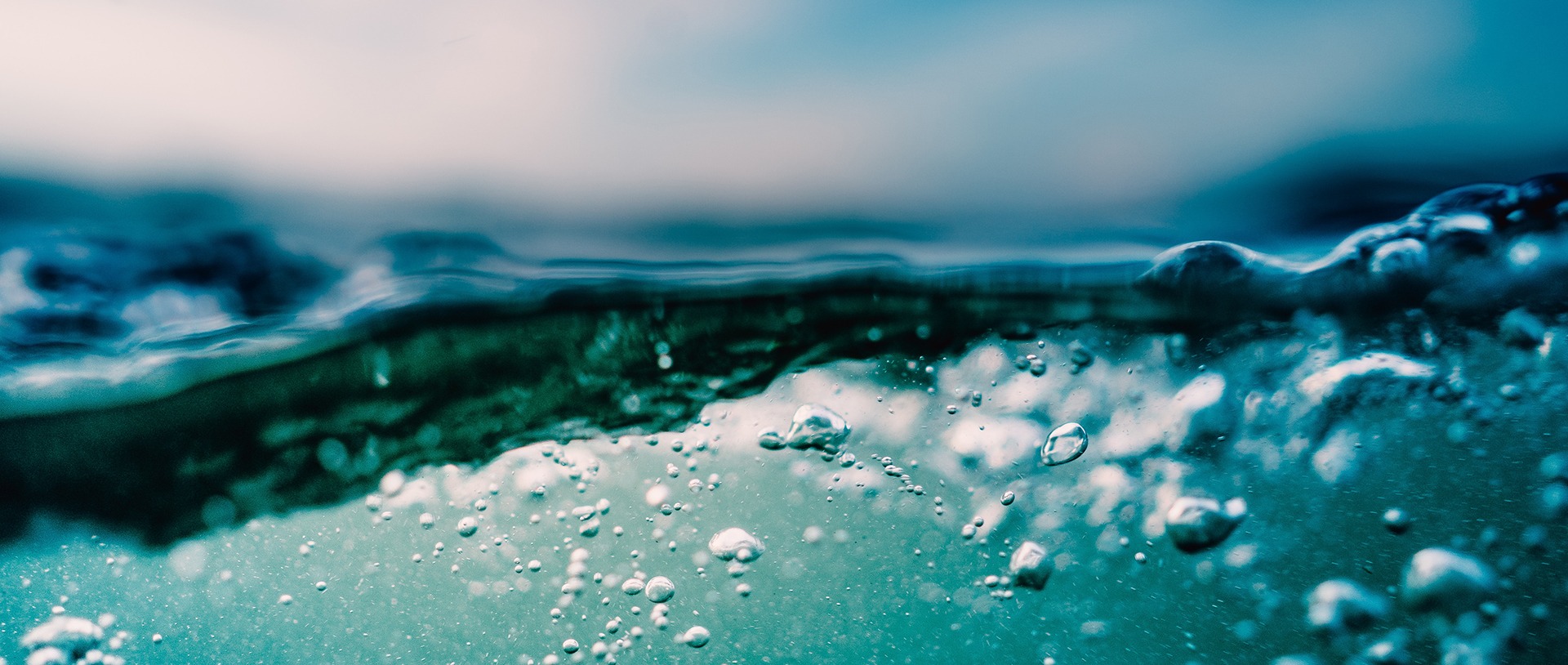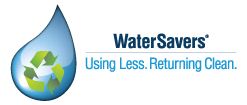Our commitment to this community is to conserve the earth's resources and protect our environment. SolarShine Express Car Wash does this by investing in solar and water conservation technology.
Solar:

Reinforcing our commitment to conservation and sustainability, our SmartFlower will "bloom" every morning, track the sun throughout the day like a big sunflower, and then fold back up at night. We are quite literally washing your car with the sun!
Water:

SolarShine is committed to water conservation and to keeping pollutants out of our rivers and streams. We have a state of the art system that allows us to reclaim and filter 100% of the water we use, and then to reuse much of that water. We believe that water is a precious resource and conservation of this resource is one of our core values.
Did you know that washing your car at home:
WASTES WATER.
Engineering studies have shown that a 5/8" hose running at 50psi uses 14 gallons of water per minute. As many as 140 gallons of water could be used in a 10-minute home carwash, most of it wasted.
POLLUTES STORM DRAINS.
Washing at home sends all the corrosive and potentially toxic substances that are on your vehicle and on the street -- asphalt, engine and brake residue, antifreeze, grease, oil, rust and asbestos -- into the public storm drain system. Storm drains are designed to handle rainwater and thus the water is not subject to any pretreatment before being released into our area's rivers and streams.
CLOGS STORM DRAINS.
Because storm drains are designed to handle rainwater, when vehicles are washed at home the dirt and grime is carried into storm drains which can clog them and stop them from working efficiently during rainy seasons.
HARMS WILDLIFE.
Even if bio-friendly soap (or no soap at all) is used, hosing off a car's body and wheels at home dislodges pollutants that can end up in rivers, lakes and streams. In a 2006 study, it was shown that these chemicals can damage both the mucous membranes and the gills of fish; and wash away the natural oils that help them absorb oxygen, ultimately leading to the loss of the fish.

